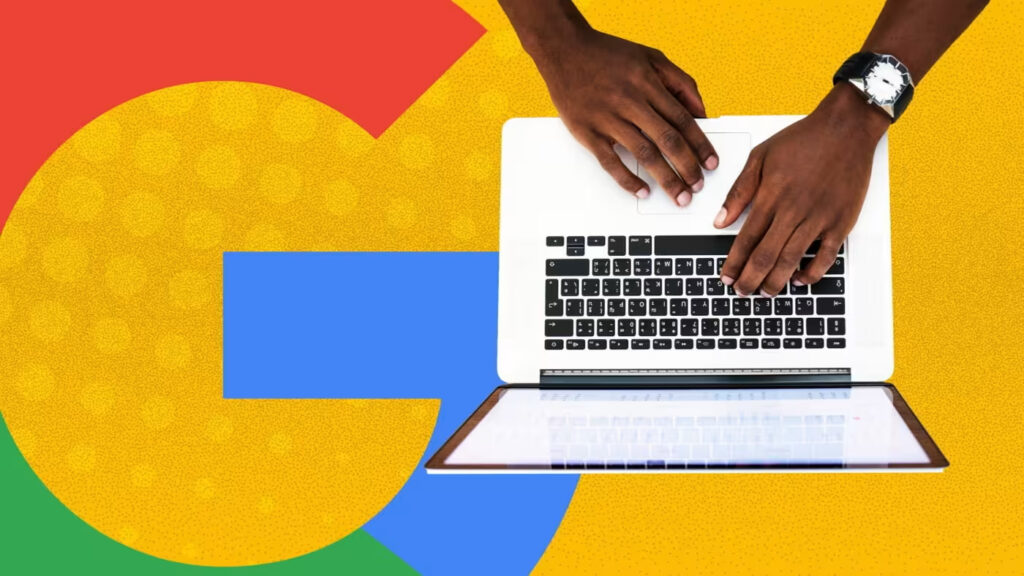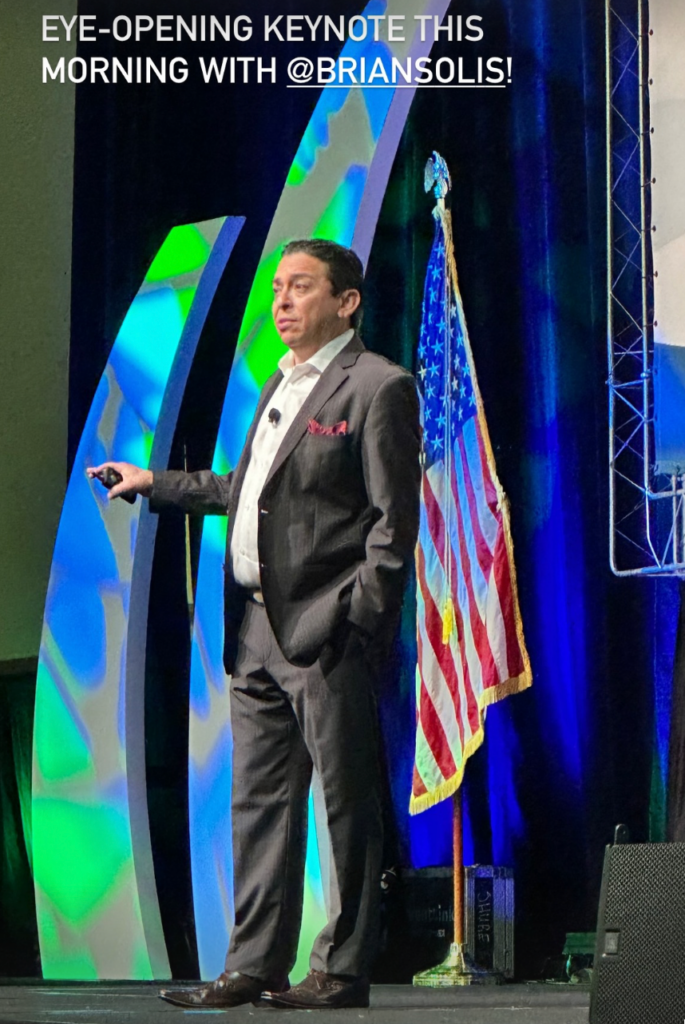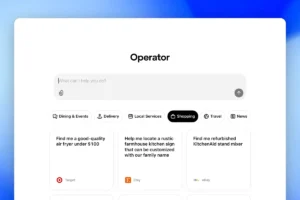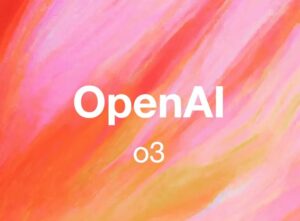AInsights: Executive-level insights on the latest in generative AI…subscribe here.
Google is exploring options to charge for “premium” features powered by generative artificial intelligence (genAI), which could rock its core search business and the search industry at large.
The idea is to introduce value-added AI services into its premium subscription, which also offers Gemini AI assistant in Gmail and Google Docs. Google’s traditional search engine would remain free to users, supported by advertising. But charging for enhanced search features could be a first for the company.
Google has been testing an experimental AI-powered search service that presents detailed answers to queries. This was the initial test case of its “Search Generative Experience” or SGE powered by LLMs such as PaLM 2, which generates an “AI-powered snapshot” in its result. By late 2023, 77.8% of searches had an SGE result, and this number has only continued to grow.
The thing that we don’t talk about too much, but need to, is the massive amount of compute necessary to product genAI results. Google’s advertising-supported business model was architected to support these soaring costs. Subscriptions seem like an economical solution, except when your entire user-base is used to ‘free.’ It’s hard to change behavior toward a paid model unless the value proposition is clear and compelling.
As an aside, I shifted from free to premium subscriptions for ChatGPT and Perplexity.
AInsights
This comes at a time when Google is facing competition, not just from search companies such as Microsoft’s Bing and DuckDuckGo, but also from the likes of ChatGPT and Perplexity.
In fact, I use Perplexity as my go to search engine when I need to find direct answers or solutions. It saves me time from having to wrestle with Google’s algorithm for quality output and it also footnotes the results in case I want to validate the information or learn more.
I’m not alone in these new behaviors either.
For instance, think back to the rise of Web 2.0. Do you read instruction manuals anymore?
No. No-one does. Instead, you most likely go to Youtube to figure out how to use, make, fix, or build something. Like Google Search though, we all depend on the accuracy of the algorithm to determine relevance. You most likely have to watch more than one video.
Nowadays, clever consumers use the ChatGPT app, or in my case, the new Ray-Ban Meta AI powered sunglasses, to point the camera at an object and have generative AI provide the instructions.
Remember when we stopped reading instructions and instead went to YouTube to learn how to use, make, or fix something?
There's an AI app for that…
Now you can use ChatGPT, point the camera at an object, ask a question, and get the answer, specific to you. pic.twitter.com/sBcrUiS1hi
— Brian Solis (@briansolis) April 14, 2024
Since November 2022, when ChatGPT hit the scene, Google announced an internal “code red,” which called its founders back to work, and has been scrambling to respond to the radical shift in how consumers interact with information since.
Even before ChatGPT, Google was already facing competition from TikTok and Instagram as mobile consumers preferred peer-driven content that felt more trustworthy than traditional search engine optimized result.
Interestingly, genAI could be the very thing that helps Google and all businesses alike.
See, Google isn’t the only company threatened by AI or even social media search. Any company with a website is now threatened by these new intelligent platforms and behaviors.
In traditional search, SEO strategies such as keyword optimization, Page Rank, and intuitive desktop and mobile design would help competitive companies perform better in results. But what happens when consumers are going to genAI or social and using more personal ways of searching for information or desired outcomes? How does your site, product or service, or solution perform in these use cases?
It’s time to find out the answer and respond accordingly. There is no longer one player or platform connecting curiosity, intent, and outcomes.
One of the most interesting things that’s shared across AI and social media searches is the conversational aspect to the prompt or search query. Keywords are a thing of the past. More specific instruction or questions have become the norm.
In fact, I just presented on this subject in Florida.
I call these new search and discovery moments, “Ignite Moments.” It’s the moment someone asks a question or seeks to learn more about a subject.
Where do they go?
What do they prompt or query?
What format do they prefer?
And most importantly, how can you help them find you and how can you deliver the most relevant and productive journey once you have their attention?
Please subscribe to AInsights.
Please subscribe to my master newsletter, a Quantum of Solis.

Brian Solis | Author, Keynote Speaker, Futurist
Brian Solis is world-renowned digital analyst, anthropologist and futurist. He is also a sought-after keynote speaker and an 8x best-selling author. In his new book, Lifescale: How to live a more creative, productive and happy life, Brian tackles the struggles of living in a world rife with constant digital distractions. His previous books, X: The Experience When Business Meets Design and What’s the Future of Business explore the future of customer and user experience design and modernizing customer engagement in the four moments of truth.
Invite him to speak at your next event or bring him in to your organization to inspire colleagues, executives and boards of directors.








Leave a Reply